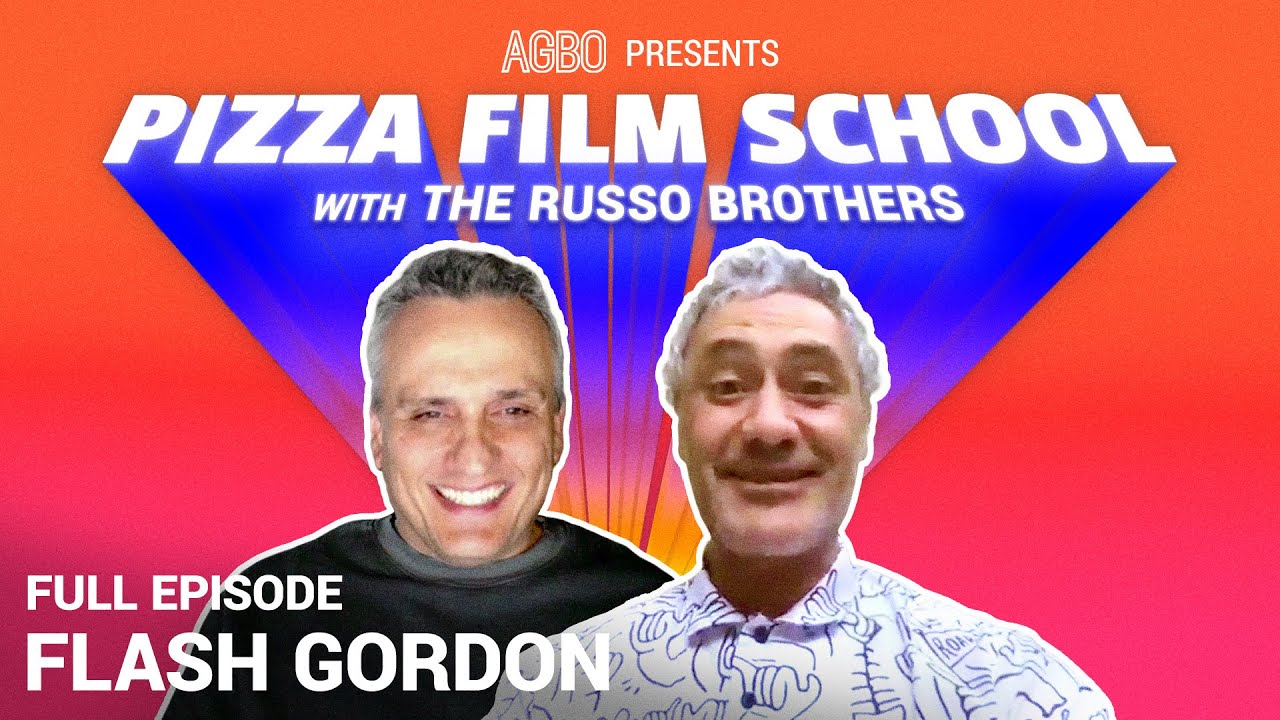NaNoWriMo is National Novel Writing Month, which takes place in October when participants commit themselves to the lofty goal of completing 50,000 words on a manuscript between November 1 and November 30. (Couldn’t that have least selected a month with 31 days?) That comes out to an average of 1667 words per day, every day, including Saturday and Sunday.
I attempted this once before, on a lark, and experimenting with an idea that I was going to ‘pants’ all the way through. That did not work.
For reason that can’t be fully detailed here I may be producing a new novel here and unlike my other excursions into novel length projects this one may require speed.
However, my writing process is to write Monday thru Friday reserving my weekends as fun and recharge time. IF I want to commit to meeting NaNoWriMo goals that would raise my average daily word count to 2500.
That’s not undoable.
When things are going well, and I am not lolly-gagging I can maintain a production north of 2000 words per day.
Factors in my favor are that I have an outline broken down into the five acts, I have character notes and descriptions, I have world building notes and cultural details for the sub-cultures involved, so I am well prepared for this book.
Factors against me is that I’m lazy, I like playing my Xbox One, and there are too many movies to watch.

